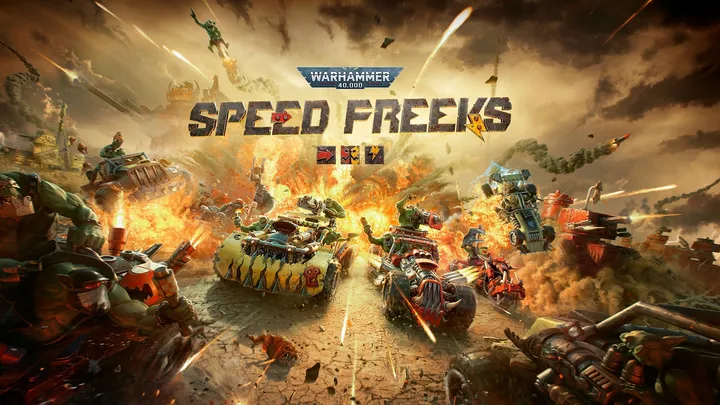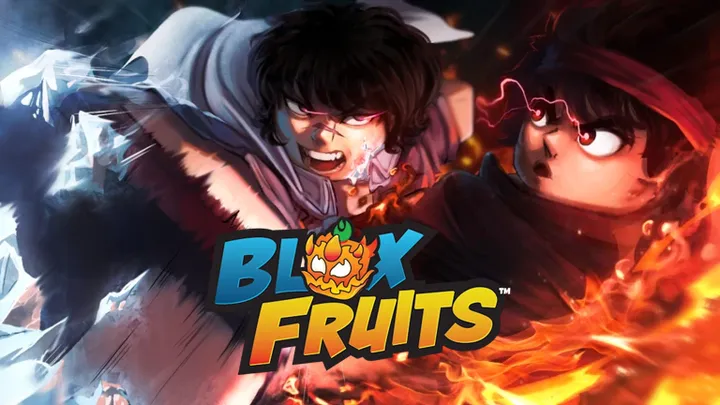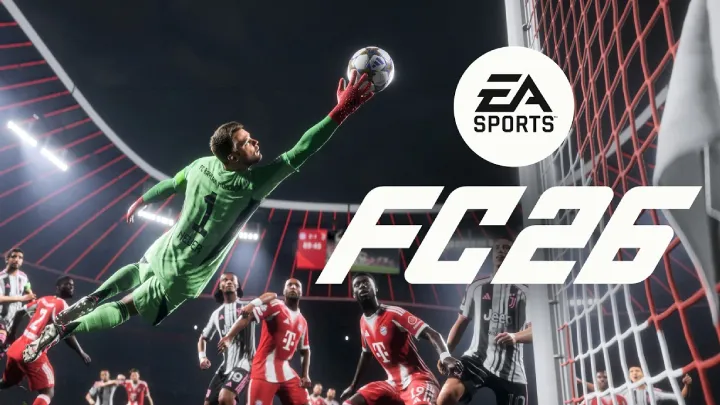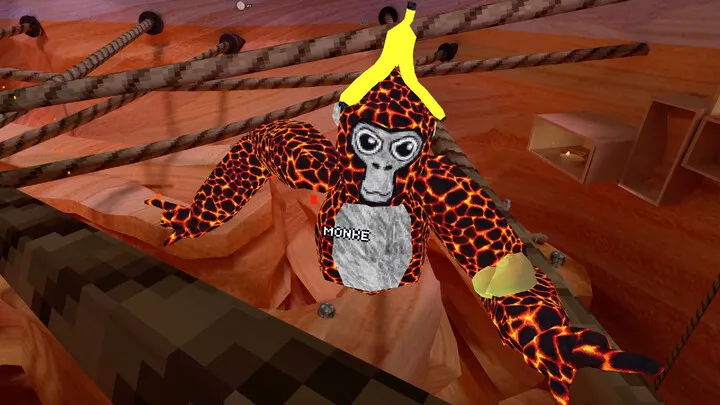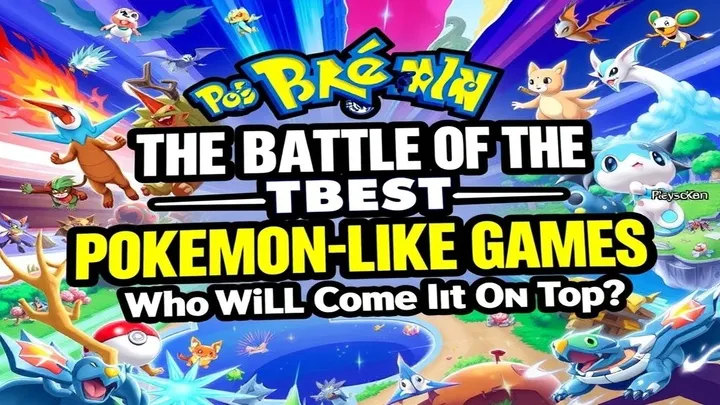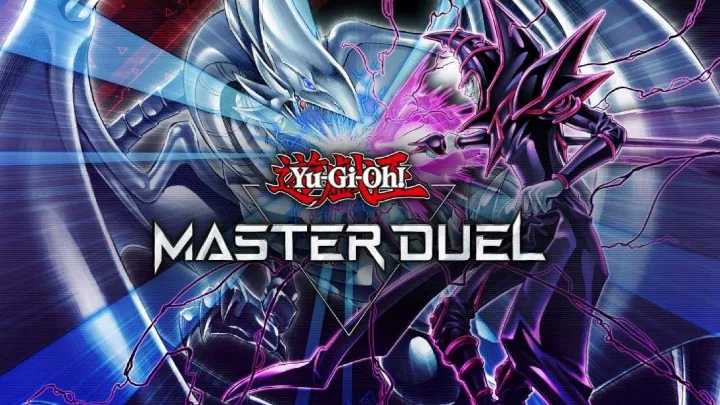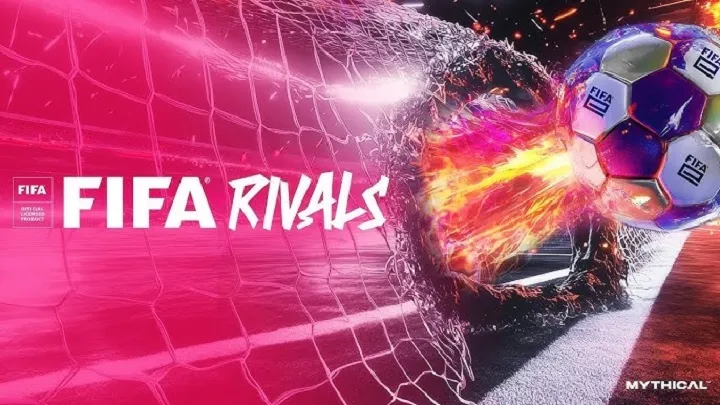Introduction
PUBG Mobile is one of the most influential battle royale games in the world, offering tense survival gameplay, tactical shooting, and a massive global community. Yet beneath its immense popularity lies a critical issue that has affected both casual and competitive players alike — cheating. From aimbots and wallhacks to emulator exploits, the cheating epidemic has reshaped the way players experience PUBG Mobile. This article dives deep into this problem, tracing how cheating impacts the player journey from early games to professional esports, why it persists, how the community reacts, and what realistic solutions could protect the future of the game.
Early encounters First brush with cheaters
In the first days of playing PUBG Mobile, the excitement of parachuting into Erangel or Miramar is unmatched. New players learn the basics — looting, rotating, and surviving to the last circle. But many encounter cheaters shockingly early.
Cheaters with headshot-accurate aimbots or speed hacks disrupt the sense of fairness almost immediately. A new player trying to enjoy the learning curve suddenly finds themselves eliminated without understanding how. This first exposure creates doubt: is the game about skill, or about who can exploit the system fastest?
Growth of the problem Mid-tier ranked frustration
As players progress into ranked matches, the presence of cheaters becomes more damaging. Mid-tier ranks are where dedicated casuals and rising competitive players grind. Here, cheating amplifies frustration because players are heavily invested in their stats and progress.
Repeated losses to suspicious opponents slow rank advancement, sap motivation, and create toxic suspicion even toward legitimate skilled players. The mid-tier becomes a breeding ground for distrust, with every impressive play questioned.
Types of cheats A breakdown of common tools
Cheating in PUBG Mobile is diverse, ranging from simple hacks to advanced exploits:
- Aimbots: Lock crosshairs directly onto enemies for perfect headshots.
- Wallhacks: Reveal enemy positions through walls and terrain.
- Speed hacks: Boost player movement unnaturally, making them nearly impossible to hit.
- No-recoil scripts: Remove weapon kickback, giving hackers laser accuracy.
- Emulator exploits: Allow keyboard and mouse players on PC to gain unfair advantage in lobbies meant for touch-screen users.
This variety makes detection and prevention difficult, as each type requires unique countermeasures.
Psychological impact Destroying trust and immersion
Cheating does more than ruin matches — it damages player psychology. PUBG Mobile thrives on tension and immersion, with every step and gunfight meant to feel meaningful.
When players suspect cheats, the immersion shatters. Every footstep or long-range headshot becomes suspect. The thrill of survival morphs into paranoia. Over time, this erodes trust not only in the game but also in its community.
Community reactions Anger, adaptation, and resignation
PUBG Mobile’s community reacts to cheating in varied ways. Many express outrage on social media, forums, and reviews, demanding stronger anti-cheat measures. Others adapt by learning to recognize patterns of cheaters and avoiding suspicious lobbies.
A third group resigns to the problem, treating cheaters as an unavoidable aspect of the game. This resignation is dangerous, as it risks long-term player disengagement when frustration outweighs fun.
Competitive scene The integrity crisis
Cheating has also infiltrated the competitive PUBG Mobile scene. Tournaments with high prize pools have witnessed disqualifications due to proven hacks. Even rumors of cheating cast shadows over results, undermining esports credibility.
For professional players, this is especially damaging. They dedicate time to mastering rotations, recoil control, and team strategies, only to see their work invalidated by cheaters. Sponsors and viewers lose confidence when fairness is questioned.
Developer response Anti-cheat measures and limitations
Tencent and Krafton have invested heavily in anti-cheat systems, including detection algorithms, periodic ban waves, and the use of machine learning. Ban announcements boast millions of accounts removed weekly.
However, the arms race persists. Hack developers quickly adapt, updating their tools to bypass detection. Ban waves may punish accounts, but cheaters often create new ones, making permanent solutions elusive.
Regional differences Hotspots of cheating
Cheating prevalence varies by region. In some areas with massive player bases and lower device costs, cheating tools are more accessible and cheaper. Competitive servers in regions like South Asia and the Middle East have historically reported higher cheating activity, though no region is immune.
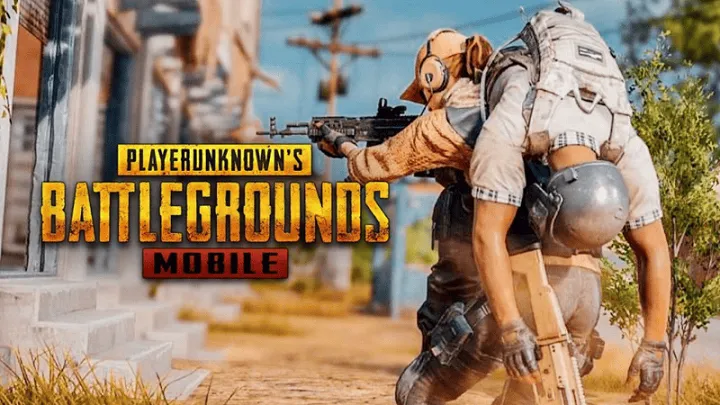
This geographical variation affects matchmaking quality globally, since PUBG Mobile’s massive user base ensures cross-regional encounters.
Possible solutions What could improve the system
To address cheating effectively, PUBG Mobile could:
- Tighten device bans rather than account bans to limit repeat offenders.
- Improve transparency in ban processes to rebuild community trust.
- Incentivize fair play with rewards for reporting cheaters.
- Separate emulator users more effectively to prevent unfair PC-mobile matchups.
- Expand dedicated tournament servers with stricter vetting for professional play.
Each measure carries challenges but could gradually reduce the problem’s scope.
Long-term consequences Retention and reputation risks
If cheating continues at its current scale, PUBG Mobile risks losing long-term players. Casual gamers may move to less exploit-heavy titles, while competitive players may pursue esports scenes with stronger integrity.
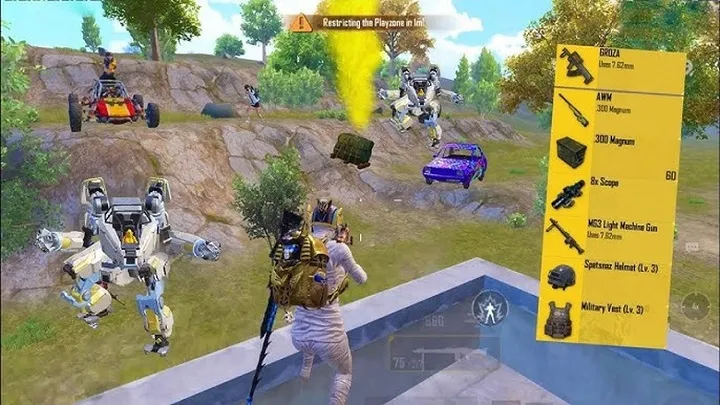
The game’s reputation also suffers. Once a title becomes synonymous with rampant cheating, recovery is difficult. For PUBG Mobile to sustain its dominance, it must prioritize trust over short-term convenience.
Conclusion
Cheating is PUBG Mobile’s most persistent and damaging problem. It affects players from their very first games to professional tournaments, eroding trust, enjoyment, and competitive integrity. While Tencent and Krafton have implemented anti-cheat systems, the battle remains ongoing. To secure the future of PUBG Mobile, developers must double down on long-term, structural solutions that prioritize fairness and restore player confidence. Until then, every headshot and every loss will be shadowed by suspicion.




